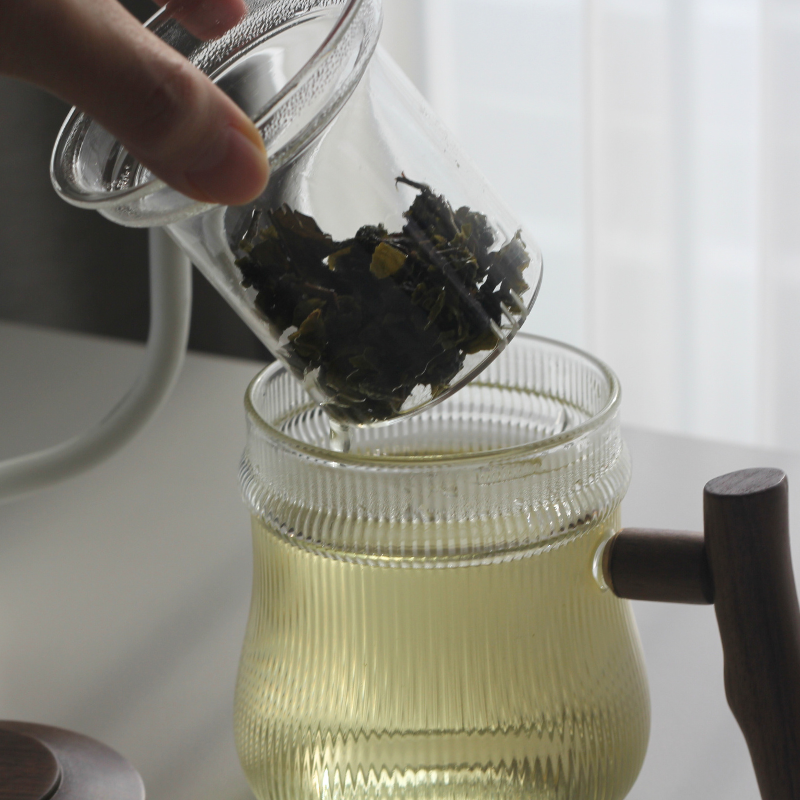A Soulful Everyday - What Slow Life Means to Us
Faster, even faster.
Or as people love to make it catchy by shouting "빨리빨리 (bballi-bballi)" in Korea.
Modern society often feels like being placed on a giant conveyor belt. Technology advances endlessly, information pours out without pause, and we constantly feel as if we are chasing something.
While AI promises to boost human productivity, it simultaneously intensifies competition and raises productivity standards, pushing us relentlessly forward. The aforementioned "hurry, hurry" culture incessantly pressures us, instilling anxiety about falling behind.
We have fallen accustomed to this rapid pace, often spending even brief moments of rest pursuing that tiny dose of dopamine. Not doing anything has left us feeling restless rather than relaxed. We are stripped of ownership to our own time, and dragged along by demands or expectations from others.
Slow Life
The growing importance of the slow life movement in this era of speed is a natural reaction and a sign that we are beginning to listen to our inner voices. Slow living isn't about laziness; it's a conscious, active lifestyle choice rooted in the recognition that "faster" isn't always "better."
Like a woodcutter too busy sawing rapidly to notice his blade becoming dull, we occasionally need to pause, reflect on our lives, and adjust our directions. I slowly brew a cup of tea. I focus on the present moment, creating a small space in a mind crowded by busyness.
From personal experience, we, here at Tinge of Soul, want to share several reasons why slow living is increasingly essential today.
1) Slowing down restores physical and mental well-being.
A fast-paced life inevitably leads to chronic stress and burnout. Slowing down provides space to reflect inwardly and calm the mind. Writing emotional journals and understanding oneself through what Spinoza described as 'the causal understanding of emotions' enables clearer self-awareness.
Nietzsche emphasized the importance of delaying immediate emotional responses, cultivating a 'maturation period' for emotions. This practice empowers us to become masters of our emotions, enhancing mental strength and inner peace. Simple activities like gardening or engaging in leisurely hobbies create moments of tranquility, aligning closely with mindfulness principles, reducing stress, enhancing concentration, and fostering happiness and inner peace.
2) Slowing down revitalizes warmth in human relationships and community connections.
In a fast-paced society, relationships often become mere tools for efficient networking. Slow living emphasizes deep, meaningful connections rather than superficial, numerous contacts.
Sharing leisurely meals with family, having sincere conversations with friends, gardening with neighbors, or participating in community activities revitalizes relationships and strengthens community bonds. Setting aside competition and selfishness, we rediscover genuine happiness through cooperation and sharing.
3) Slow living fosters sustainability.
Modern society's obsession with consumption and growth has led to environmental degradation and ecological crises. Slow living challenges this consumer-driven culture, encouraging sustainable habits.
Choosing local produce, adopting plant-based diets, and reducing food waste help lower environmental impact. Gardening reconnects us with nature and reinforces respect for life. Embracing practices like slow fashion makes our consumption reflect our values, ensuring our spending supports happiness and sustainability.
4) Slow living requires courage.
We think this is the most important.
Slowing down when everyone else is accelerating can be daunting. However, amidst growing concerns about climate change and declining quality of life, choosing slow living is a courageous, forward-thinking shift in values.
As the saying goes, "Slow living isn't a regression to the past but a progressive step toward a more sustainable and fulfilling future." Slowing down represents a transformative paradigm shift and a pioneering response to contemporary challenges.
Ultimately, the growing importance of slow living today stems from our deep yearning to recover connections—to ourselves, our relationships, and the planet—that we've lost in our haste. It's about valuing direction and depth over speed and quantity, rejecting a life dictated by external systems, and reclaiming true mastery over our lives.
More than just a passing trend, slow living embodies profound introspection and practical philosophy, guiding us toward a humane and sustainable future.






![TEA JOURNEY [13] | Tea Tasting Terminology](http://tingeofsoul.com/cdn/shop/articles/IMG_3072.jpg?v=1686898175&width=1080)
Leave a comment